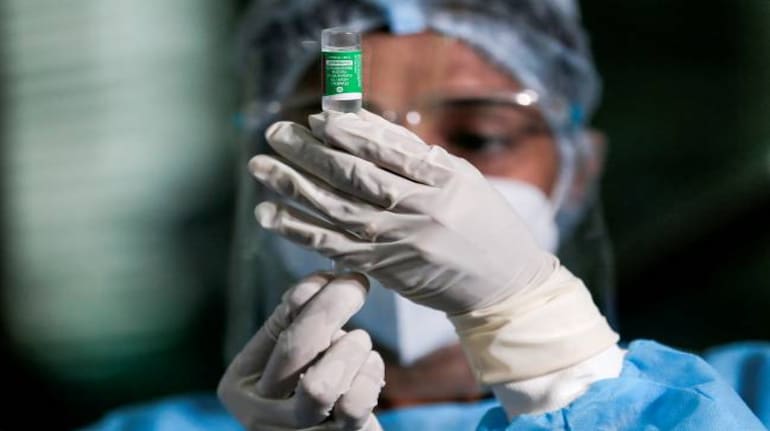



Covishield and Covaxin, the two COVID-19 vaccines granted emergency use nod last year, have been recommended for regular market authorisation by a government expert panel.
The recommendation was made by the Subject Expert Committee (SEC) of Central Drugs Standard Control Organisation (CDSCO), whose views are factored-in by the Drug Controller General of India (DCGI) before taking the final decision.
"SEC of CDSCO has recommended for upgrade of Covishield and Covaxin status from restricted use in emergency situations to grant of new drug permission with conditions in adult population. DCGI will evaluate the recommendations and give its decision," CDSCO said.
SEC of CDSCO has recommended for upgrade of covishield and covaxin status from restricted use in emergency situations to grant of new drug permission with conditions In adult population ,DCGI will evaluate the recommendations and give its decision.— CDSCO_INDIA_INFO (@CDSCO_INDIA_INF) January 19, 2022
The SEC recommendation comes a year after Covishield and Covaxin were granted permission for restricted use. They were cleared for emergency use by the DCGI on January 3, 2021.
According to sources who spoke to CNBC TV18, the two jabs, after receiving the regular market authorisation, will be sold at pharmacy stores linked to hospitals and clinics which are registered with CoWIN -- the Centre's portal for COVID-19 vaccination.
Chemists associated with clinics or hospitals will be permitted to sell the vaccines provided the time of administration is keyed in at CoWIN, the news channel learnt from the persons who are familiar with the development.
Companies may not be able to sell the jabs at nearby chemist shops as they will not be able to align with CoWIN, the sources added.
Covishield, manufactured by the Pune-based Serum Institute of India (SII), is same as the Oxford-AstraZeneca vaccine which was developed in the United Kingdom. The Cyrus Poonawalla-led SII is its authorised manufacturer in India, under the Covishield brand.
Covaxin, on the other hand, is India's indigenously developed vaccine. The Hyderabad-based Bharat Biotech is its developer and manufacturer.
While Covishield is administered at a gap of 12-16 weeks, the Covaxin doses are given at an interval of 4-6 weeks. The dosage gap will remain the same even after the regular market authoritisation is granted, the CNBC TV 18 report said.
India's vaccination drive against coronavirus has so far been led by Covishield and Covaxin, with Russia-made Sputnik V being administered to a small fraction of the beneficiaries. The country has so far administered over 1.58 crore doses.
ZyCoV-D, another COVID-19 vaccine indigenously developed by Zydus Cadila, was last month granted emergency authorisation for use on persons aged above 12.
Discover the latest Business News, Sensex, and Nifty updates. Obtain Personal Finance insights, tax queries, and expert opinions on Moneycontrol or download the Moneycontrol App to stay updated!
Find the best of Al News in one place, specially curated for you every weekend.
Stay on top of the latest tech trends and biggest startup news.